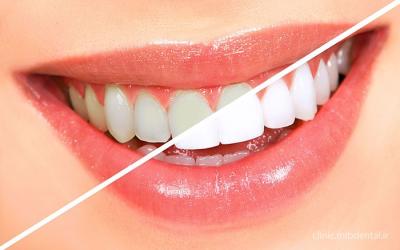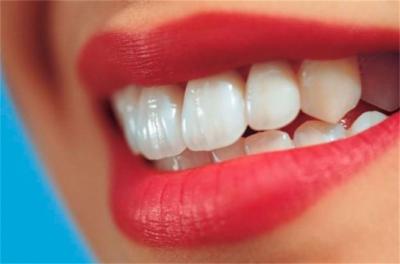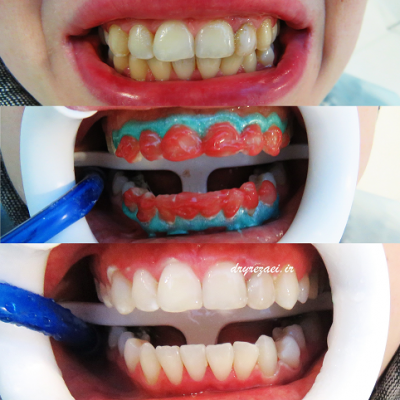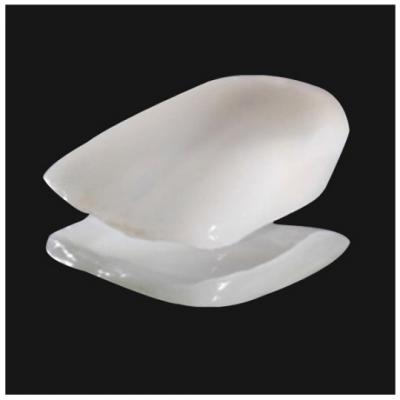Toothache: Causes, Treatment Options, and Prevention Tips

Toothache is a common dental problem that affects people of all ages. It is characterized by pain and discomfort in and around the teeth, gums, and jaws. Toothache can be caused by a variety of factors, including dental decay, gum disease, dental trauma, and wisdom teeth eruption. It is important to understand the causes of toothache and the treatment options available to alleviate the pain and discomfort associated with this condition.
Causes of Toothache
- Dental decay is one of the most common causes of toothache. When bacteria in the mouth break down food particles, they produce acids that can erode the enamel of the teeth, causing cavities. Cavities can cause tooth sensitivity, pain, and discomfort. If left untreated, dental decay can progress to a point where the tooth is infected and may require root canal treatment or extraction.
- Gum disease is another common cause of toothache. Gum disease is caused by the buildup of plaque on the teeth and gums. Plaque is a sticky film of bacteria that can irritate the gums and cause them to become inflamed and bleed. As gum disease progresses, it can lead to periodontitis, a more severe form of gum disease that can cause tooth loss and other serious health problems.
- Dental trauma can also cause toothache. Dental trauma can occur from a variety of causes, including sports injuries, car accidents, and falls. When a tooth is knocked out of its socket or chipped, it can cause pain and discomfort.
- Wisdom teeth eruption can also cause toothache. Wisdom teeth are the third molars that typically erupt between the ages of 17 and 25. When wisdom teeth erupt, they can cause pain and discomfort due to the pressure they exert on the surrounding teeth and gums.
Treatment Options
The treatment options for toothache depend on the underlying cause of the condition. In some cases, home remedies may be effective in alleviating the pain and discomfort associated with toothache. However, it is important to seek professional dental care if the pain persists or worsens.
Home remedies for toothache include over-the-counter pain relievers such as ibuprofen or acetaminophen, applying a cold compress to the affected area, rinsing the mouth with warm saltwater, and avoiding hard or crunchy foods that can irritate the teeth and gums.
- If the toothache is caused by dental decay, the treatment options may include fillings, root canal therapy, or extraction. Fillings are used to repair the damage caused by cavities and restore the tooth's structure. Root canal therapy is used to treat infections that have spread to the pulp of the tooth. During a root canal, the infected tissue is removed, and the tooth is sealed with a filling or crown. Extraction may be necessary if the tooth is too damaged to be saved or if it is causing other dental problems.
- If the toothache is caused by gum disease, the treatment options may include deep cleaning, scaling, and root planing. Deep cleaning and scaling involve removing plaque and tartar from the teeth and gums, while root planing involves smoothing the root surfaces to prevent bacteria from accumulating. In more severe cases of gum disease, surgery may be necessary to remove damaged tissue and reattach the gums to the teeth.
- If the toothache is caused by dental trauma, the treatment options may include repairing the damaged tooth with a filling, crown, or veneer. If the tooth is severely damaged or cannot be saved, tooth extraction may be necessary.
Prevention
The best way to prevent toothache is to practice good oral hygiene. This includes brushing your teeth twice a day with fluoride toothpaste, flossing daily, and visiting the dentist regularly for cleanings and checkups. It is also important to avoid sugary and acidic foods and drinks that can erode the enamel of the teeth and lead to dental decay. If you participate in sports or other physical activities, it is important to wear a mouthguard to protect your teeth from injury.
In addition to practicing good oral hygiene, there are other steps you can take to prevent toothache. For example, avoiding chewing on hard objects such as ice or pens can help prevent dental trauma. Additionally, quitting smoking and avoiding tobacco products can help reduce the risk of gum disease and other dental problems.
It is also important to be aware of the signs and symptoms of toothache so that you can seek prompt dental care if necessary. Some common signs and symptoms of toothache include:
- Pain or discomfort in and around the teeth, gums, or jaws
- Sensitivity to hot or cold temperatures
- Swelling or tenderness in the gums
- Bad breath or a bad taste in the mouth
- Difficulty chewing or biting down
If you experience any of these symptoms, it is important to contact your dentist right away. Early intervention can help prevent more serious dental problems and alleviate the pain and discomfort associated with toothache.
Conclusion
Toothache is a common dental problem that can be caused by a variety of factors, including dental decay, gum disease, dental trauma, and wisdom teeth eruption. Treatment options for toothache depend on the underlying cause of the condition and may include home remedies, fillings, root canal therapy, extraction, deep cleaning, scaling, and root planing. The best way to prevent toothache is to practice good oral hygiene, avoid sugary and acidic foods and drinks, wear a mouthguard during physical activities, and seek prompt dental care if you experience any signs or symptoms of toothache. By taking these steps, you can help maintain good dental health and prevent the pain and discomfort associated with toothache.











